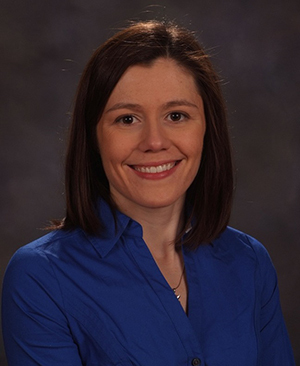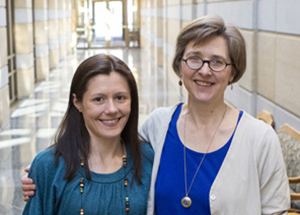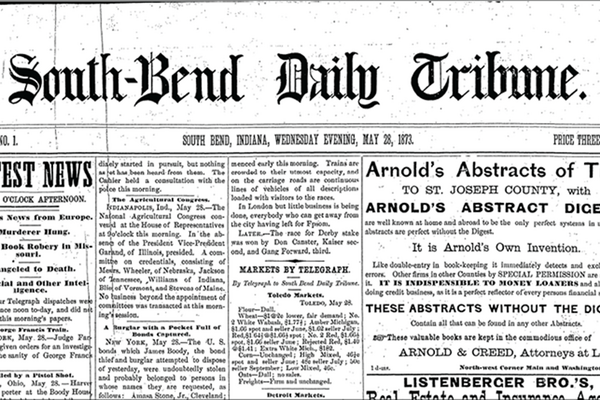 Stefanie Israel
Stefanie Israel
Stefanie Israel, a Ph.D. student in the Department of Sociology, has been awarded a Social Science Research Council International Dissertation Research Fellowship (SSRC–IDRF) to support her comparative ethnography of four communities in Rio de Janeiro, Brazil. Earlier this year, she was awarded a Fulbright Study-Research Grant for the same project.
The funding will allow Israel, a Kellogg Institute for International Studies Ph.D. Fellow, to spend all of 2016 conducting research in Rio. She will observe the effects of a policing program in four favelas—or slums—at key points in time: before, during, and after the 2016 Summer Olympic Games, which have been a focus of protests sweeping across Brazil.
“I am delighted to hear that Stefanie has received both the SSRC and Fulbright awards,” said Ann Mische, an associate professor of sociology and peace studies as well as a Kellogg faculty fellow. “For the SSRC dissertation fellowship, there are usually more than 1,000 applications for 80 slots. It is wonderful that Stefanie has achieved this kind of success—but I am not surprised.”
Mische served as chair of Israel’s dissertation committee and knows firsthand how competitive the SSRC-IDRF process is from her time on its selection committee.
“Stefanie is an exceptionally focused, mature, and sophisticated young scholar with a compelling research project on an issue of urgent social concern,” she said. “She is poised to make an important contribution to scholarship and policy on urban violence, police reform, and community change, in addition to shedding light on a quick-moving situation in Brazil.”
 Stefanie Israel and Ann Mische
Stefanie Israel and Ann Mische
Israel’s work focuses on a police pacification program aiming to regain control of areas previously dominated by armed drug traffickers. It is a new approach to policing favelas Israel said, in moving away from "violent ‘siege-style’ police operations to ‘proximity policing.’”
The research has policy implications for countries that see the program as a possible model for future efforts to quell criminal domination of poor communities. It also promises to be helpful to Brazil, providing a more in-depth evaluation of the program than that captured so far by interview-based studies or often-suspect reported crime data.
“The research is of direct relevance to the over 1 million residents of Rio who live in favelas,” Israel said.
She will investigate how the program plays out on the ground—studying the contributions of local networks and community mediation to pacification, evaluating why it succeeds in some communities and fails in others, and identifying mechanisms that work to build trust between police and residents.
“Rio’s favela pacification program provides a unique opportunity to study what Kellogg founder Guillermo O’Donnell called ‘brown areas’ in transition,” Israel said, referring to territories within a democratic state where the formal rule of law is weak, and private actors, such as mafia-like groups, enforce an efficient but violent form of “justice.”
The Fulbright and SSRC grants will give her the luxury of an extended period in the favelas to follow up on work begun during three summer research trips.
“Ethnographic research requires extensive time in the field in order to build trust with residents and to grasp the complexity of the situation,” she said.
In Brazil, Israel will be working with her Fulbright affiliate, Alba Zaluar of the Institute of Social and Political Studies at the State University of Rio de Janeiro (IESP-UERJ), an expert on Rio’s favelas. Israel met Zaluar last summer during a preliminary research trip funded by a Kellogg Institute Graduate Research Grant.
“I am deeply grateful for the many ways Kellogg has supported me—and continues to support me—during my time at Notre Dame,” Israel said. “My applications for funding would not have been nearly as competitive without Kellogg’s support.”
Israel is the recipient of a 2011–16 Kellogg Institute PhD Fellowship. Read about her work in Rio de Janeiro in summer 2014 here.
Originally published at kellogg.nd.edu.


